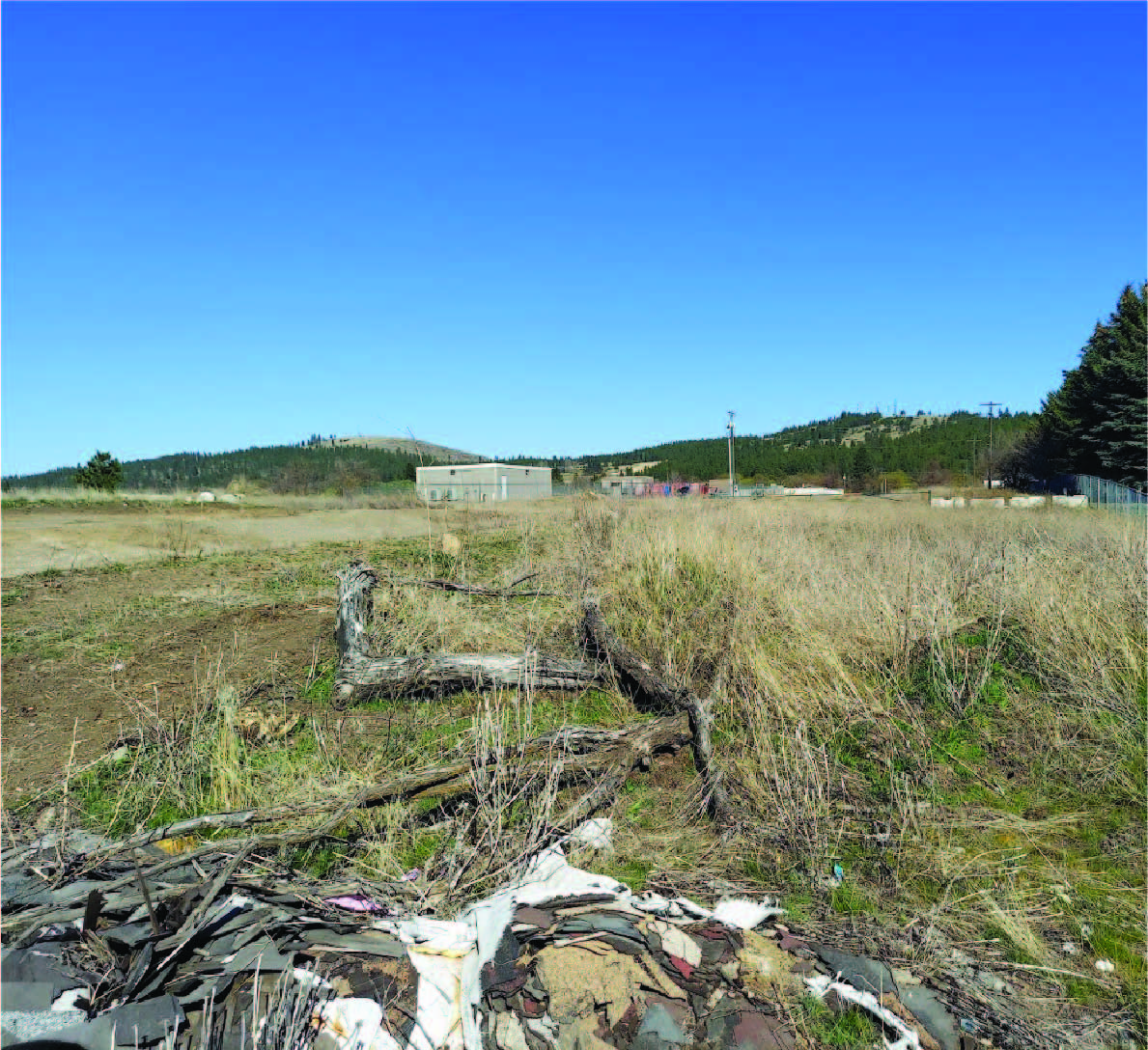Environmental Studies Students Advance Children of the Sun Trail

The long-envisioned Children of the Sun Trail was on the receiving end of focused student work this past semester thanks to four Environmental Studies students at Gonzaga. Seniors Isabel Zimmerman, Zeb Klement, Will Rettig and Angie Balish collaborated with the Spokane Tribal Language Program, the Washington State Department of Transportation and others to advance plans and preparations for the paved trail planned alongside the new north-south freeway.
The initiative highlights tribal names and use of local indigenous plant,s and connects trail users with the history of the land and the first people who lived here. The project also aims to properly integrate native plants alongside the trail, increasing biodiversity to benefit wildlife, environmental sustainability, and to encourage a healthy, functioning, self-sustaining ecosystem.
The students proposed a digital storytelling model along the 10.5 miles trail, accessed by QR codes placed strategically to explain adjacent plantings. They identified specific plants to include, offering a common name, scientific name, and Salish name (the language of the Tribe). Twenty-two native plants were identified, in collaboration with the Spokane Tribal Language program.
Two extended garden areas have been proposed as well. The first, at Wildhorse Park in the Minnehaha neighborhood, is a place of convergence (historically and currently), that offers compelling views of Mount Spokane, which was used by the Tribe for hunting and to gather berries. It has been suggested that students of Shaw Middle School can potentially manage these gardens on an ongoing basis – offering continuing opportunities to learn about tribal traditions in the process. A second garden site has been proposed for the junction of East Francis Avenue and North Market Street, which offers available space for more extensive plantings and gardens.
“For me, the most rewarding part of this project has been building relationships with all of our community partners,” said Zeb Klement. “We heard wonderful personal stories from Marsha Wynecoop (Spokane Tribe) and Wendy Thompson (GU’s Director of Tribal Relations). As a four-year Spokanite, I didn’t know much about the Tribe,” he added, “and it was fascinating to learn about their knowledge and deep respect for traditions, ceremonies, and the natural environment.”
Team member Isabel Zimmerman echoes excitement about the project. “One of the cool things we experienced was an increase in cultural competence,” she said. “We learned different ways to communicate that we’re not used to. We learned how to bridge gaps and adapt to unfamiliar approaches and traditions. We worked hard to get everyone on the same page and in doing that, we learned how to balance needs, and to be sure that all perspectives were represented.”
While it may be a few years before the project comes to fruition, Isabel added, “we gathered and shared important information that will inform the development of the project, integrating ideas from people we met, to serve the greater community.”
“We are excited to see ideas for this project that communicate today’s continued interactions between the Spokane Tribe and native plants, rather than depicting such interactions as something ‘of the past,” said Thompson. “Both histories and contemporary stories can be shared through this project.”
The work of the students has also caught the attention of architects of the new UW-GU Health Partnership building at the corner of Hamilton and Trent, who are looking at the information for exterior landscaping and ‘green walls’ in that building. And native plants are also showcased in the new mural welcoming people to Logan Neighborhood on the side of the Global Neighborhood Thrift shop at that same intersection.
The students also contributed to a grant application Gonzaga is pursuing from the National Endowment of the Humanities to develop the digital platform and narrative content for the project. Professors Greg Gordon, Environmental Studies, and Katey Roden, director of Digital Humanities, continue to advance the initiative, Finding Our Way: Fostering a Sense of Place for Underrepresented Communities.
